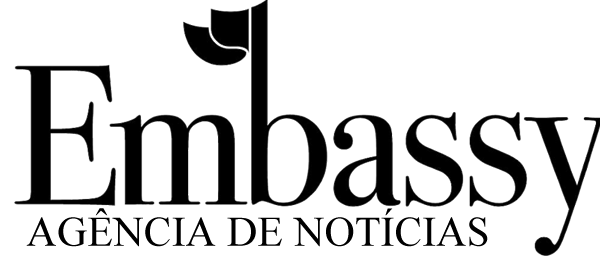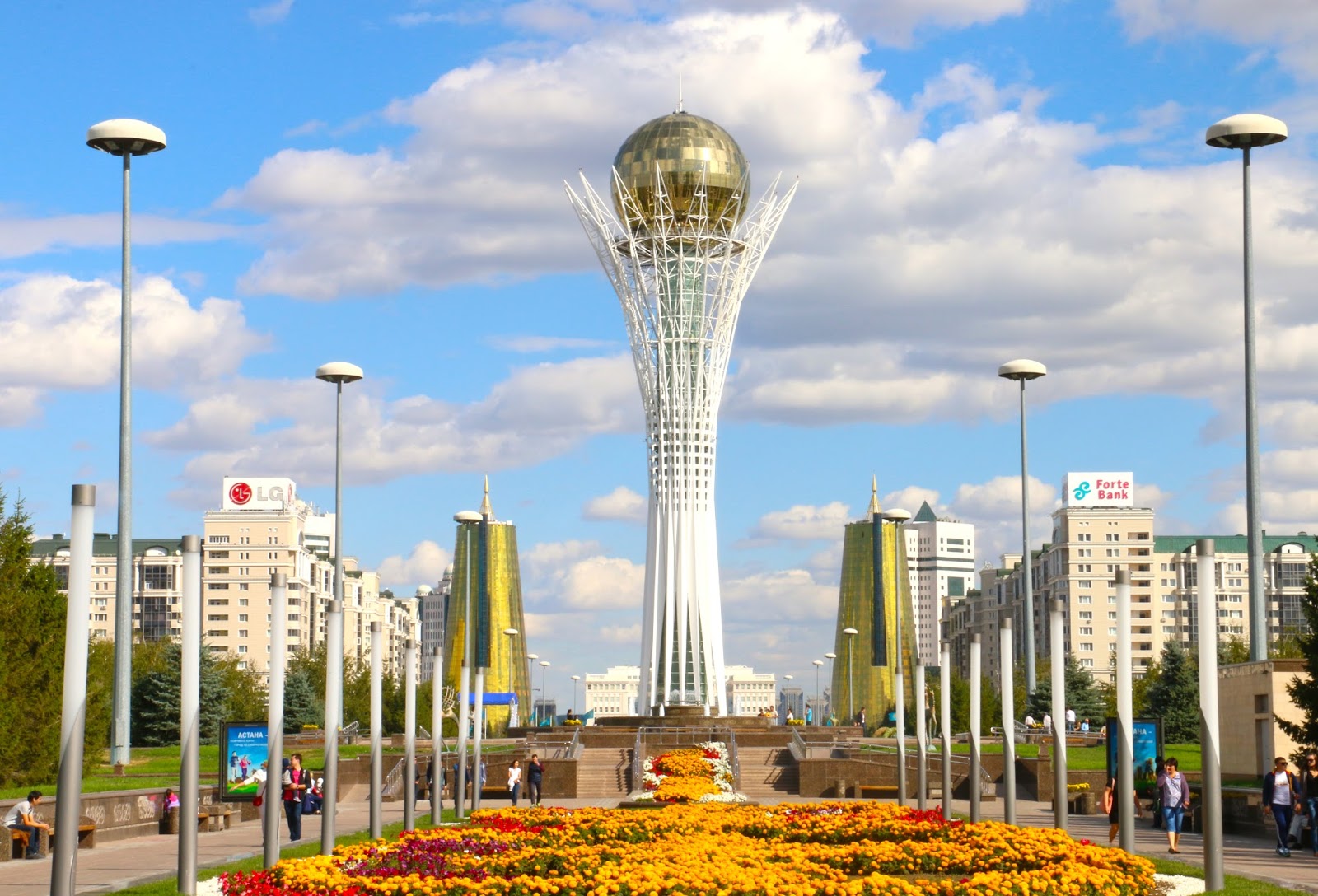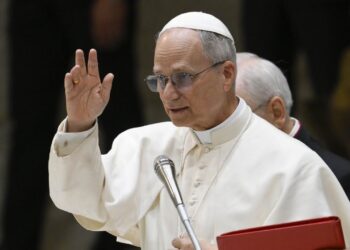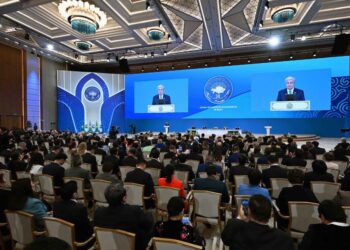The change is believed to bolster the country’s economic integration
Por Mariana Branco (EBC)
Kazakhstan, one of the 15 former Soviet republics, decided to abandon the Cyrillic alphabet, used in Russia and other Slavic countries, and return to the Latin alphabet over 70 years after shedding it. The transition is expected to be completed by 2025, the deadline for the execution of a number of guidelines under the Kazakhstan 2050 Strategy, a plan aimed at carrying out political, social, and economic reforms and bringing the country closer to the world’s 30 most developed countries by 2050.
Despite acknowledging that the change is “drastic,” Kazakh Ambassador to Brazil Kairat Sarzhanov says it is linked to “pragmatic and logic” factors, and aims to bolster the nation’s modernization and economic integration. “The Latin alphabet is the world’s most widely used writing system. It’s used by some 70 percent of the countries. In other words, it’s part of the international communication system,” the ambassador said.
He further pointed out that the idea had long been discussed. “Public figures and specialists in Kazakhstan mentioned it in the years following the independence [from the former Soviet Union, dissolved in December 1991]. But society wasn’t ready. The topic was brought back to the agenda in 2006, when President [Nursultan Nazarbayev, which has occupied the post ever since the position was created] urged specialists to resume the discussion on shifting to the Latin alphabet,” he said.
The country does not take into account just the expansion of economic possibilities—a cultural perspective is also considered. Replacing the Cyrillic script with the Latin alphabet, Sarzhanov argued, will make learning English and other languages written with the Latin alphabet easier. “Besides, the reform will allow foreigners to study the language of Kazakhstan,” he remarked.
He further mentioned the possibility of translating major works of world literature into Kazakh and vice-versa. “We hope Kazakh literature, characterized by its epic and lyrical tradition, will become more available in in Portuguese and Spanish, and contributes to bringing our peoples closer in both culturally and humanitarianly.”
Globalization
In the view of Antônio Barbosa, professor of Contemporary History at the University of Brasília (UnB), the decision made by Kazakhstan “is irrefutable proof” that contemporary history has “gone global.” “[The decision] is not just an economic one. It’s political, social, and cultural. Today, English represents what Latin was in the Roman Empire. It’s connected to the supremacy attained through capitalism, represented by the United States,” he argued.
As an example, Barbosa mentioned China, a nation that has sought to integrate its economy to that of the Western world since the death of communist leader Mao Zedong, in the 1970s. The professor also believes that the integration brought about by the change in Kazakhstan’s writing system may compensate for the social and financial costs stemming from the move.
“However high the costs may be, it seems to me that the gains will be much more significant. One of the reasons why India has been successful in becoming a major emerging economy is the fact that the majority of its population are taught to read and write in English,” he declared.






